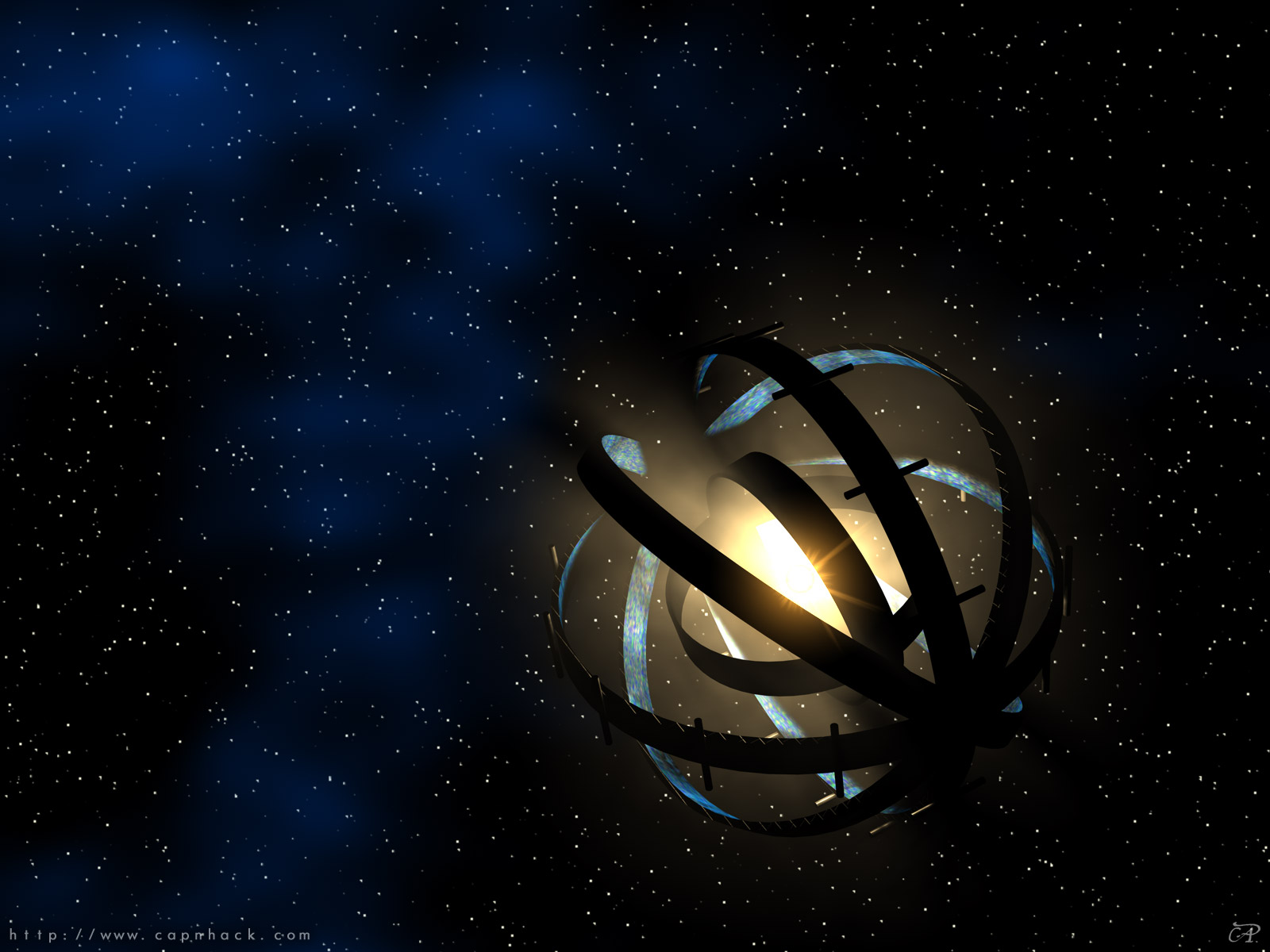I heard a learned astronomer say recently, “We are atoms that are aware that we are atoms…we are the universe aware of itself.” That’s a profoundly religious declaration, without reference or deference to organized religion’s impersonation of religiosity.
 How does this square with the dominant, if not dogmatic scientific insistence on a mechanistic, completely random universe? It doesn’t, but scientists aren’t immune from the human trait and tendency of trying to have things both ways.
How does this square with the dominant, if not dogmatic scientific insistence on a mechanistic, completely random universe? It doesn’t, but scientists aren’t immune from the human trait and tendency of trying to have things both ways.
The question is: How can atoms be aware they are atoms? The usual answer is that nearly 4 billion years of evolution on earth developed a brain capable of such awareness. (Humans appear to be the only terrestrial creatures capable of self-awareness in more that the most rudimentary sense, with the capacity for self-knowing.)
Apart from the presumed uniqueness of the human brain, and the assumed obliqueness of the human being, defaulting to evolution only begs the question. Is awareness the warp and woof of the universe?
That isn’t to say that atoms are literally aware of themselves as atoms of course. What the astronomer was implying is that we are a collection of atoms that are aware that are aware we are a collection of atoms.
It’s the nadir of human hubris to insist, as people like Richard Dawkins do, that cosmic awareness begins and ends with the human brain, and that there is nothing beyond the human mind.
Did awareness evolve, or is it unfolding? Beauty, mystery and consciousness exist. The universe is “fine-tuned” for life. Given the right conditions and enough time, the evolution of complex brains appears ineluctable.
Simply contemplating these facts erodes the ground that dogmatic atheists stand on. Their belief in the total randomness, directionlessness and meaninglessness of life is untenable. The idea of an infinite number of universes, each with slightly different basic physics (the multiverse), is an intellectually dishonest way of upholding chance as the supreme principle.
Though awareness, intelligence and telos appear to permeate the cosmos, it does not mean there is a Deity that created the whole shebang, with humans the dubious cherry on top. Ongoing creation does not imply a separate Creator.
Physicist Freeman Dyson said, “Mind is already inherent in every electron, and the processes of human consciousness differ only in degree but not in kind from the processes of choice between quantum states which we call ‘chance’ when they are made by electrons.”
That’s a slippery slope. It’s one thing to say, as Dyson does, “When we are dealing with things as small as atoms and electrons, the observer or experimenter cannot be excluded from the description of nature;” it’s another to ascribe choice to atoms and molecules.
Dyson’s conception of the universe ends with this conclusion: “I do not claim that the architecture of the universe proves the existence of God. I claim only that the architecture of the universe is consistent with the hypothesis that mind plays an essential role in its functioning.”
For Dyson, to speak of mind without an observer is nonsensical. To my mind, we can only truly talk about mind when the separate observer has been negated.
One cannot directly perceive and have one’s own insight into the mystery that “we are the universe aware of itself” unless you turn off your cell, disconnect and disentangle yourself from the Net, and allow the mind-as-thought to fall completely silent.
Most people find the prospect of deep aloneness frightening. Some find it valueless. Others find it impossible. A few spend their lives in monasteries to experience even a few moments of the numinous.
The problem for me has always been how to integrate so-called mystical experiencing with everyday life and living in a chaotic, if not crazy society.
Each person has to find his or her own way. And I don’t mean method or technique. I mean what works for you to quiet the mind without methods and techniques, which deny the brain’s capacity to gather attention simply by choicelessly observing what is.
Begin by turning off your cell and sitting for half an hour in a relatively quiet spot outdoors, even if it’s just your backyard or patio.
It comes down to intent, and seeing that taking time and making space on a daily basis to allow attention to gather is the most important thing one can do.
We are clothed in the rags of thought, not realizing that when we strip ourselves completely, and stand nakedly before the cosmos, our brains, billions of years evolving, are clothed in the garments of the universe.
Martin LeFevre
Link: https://www.poetryfoundation.org/poems-and-poets/poems/detail/45479

